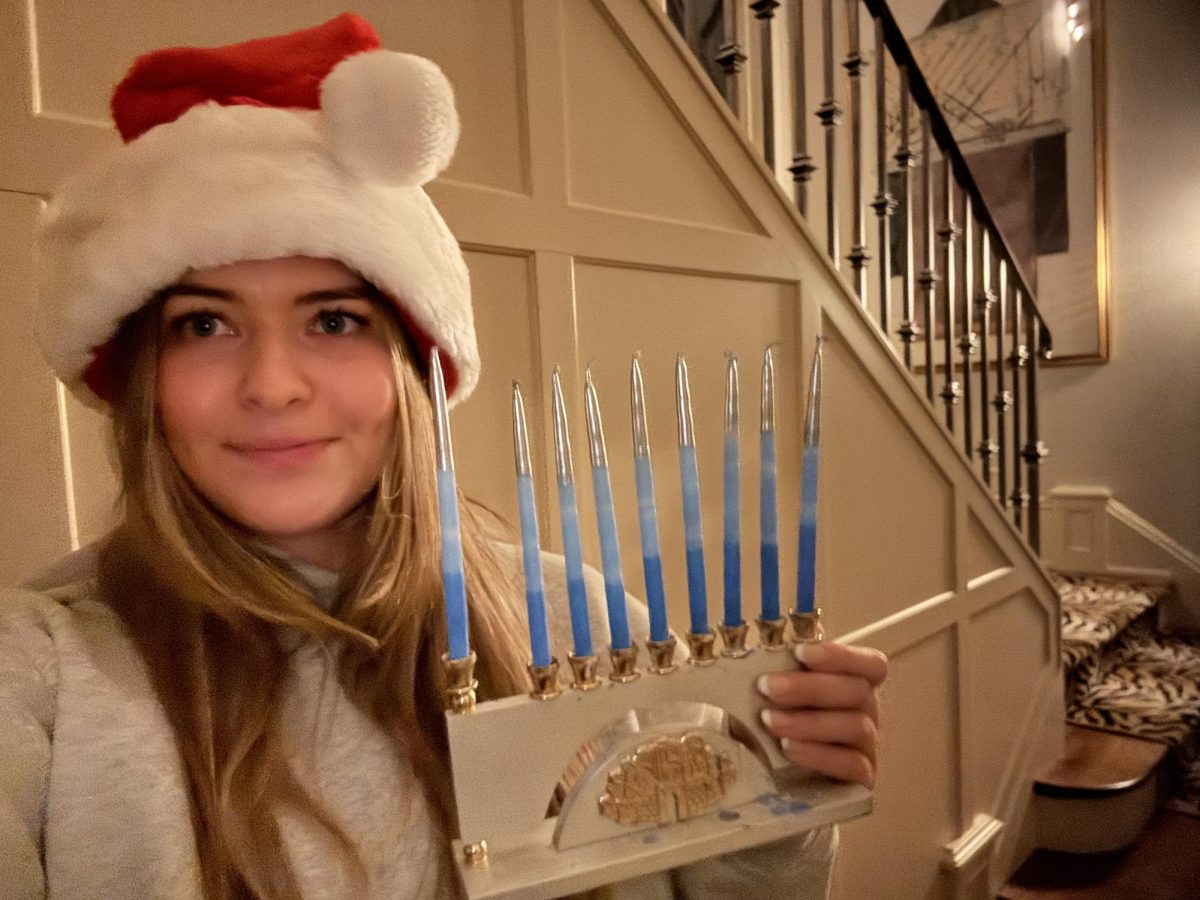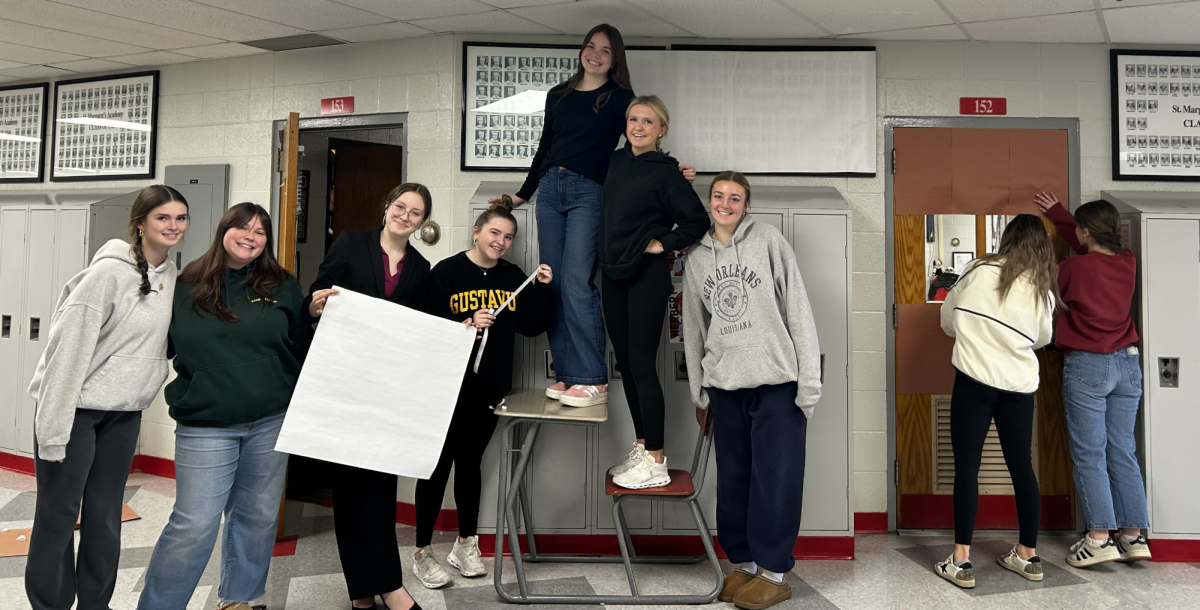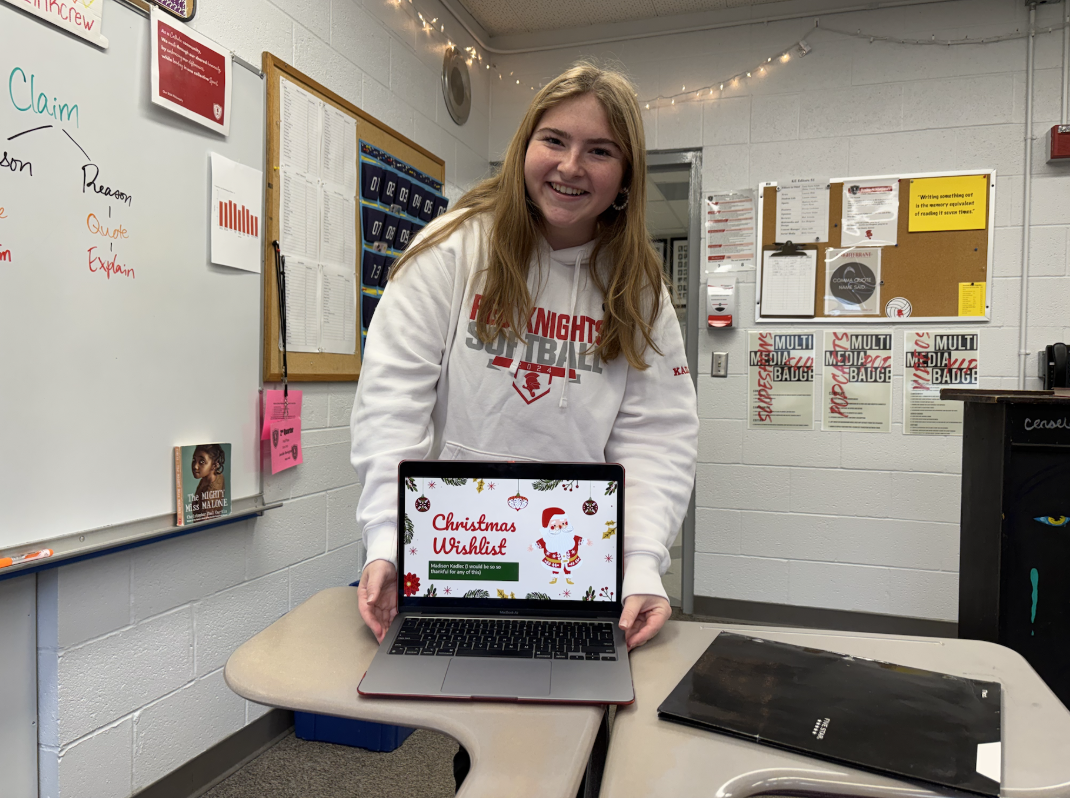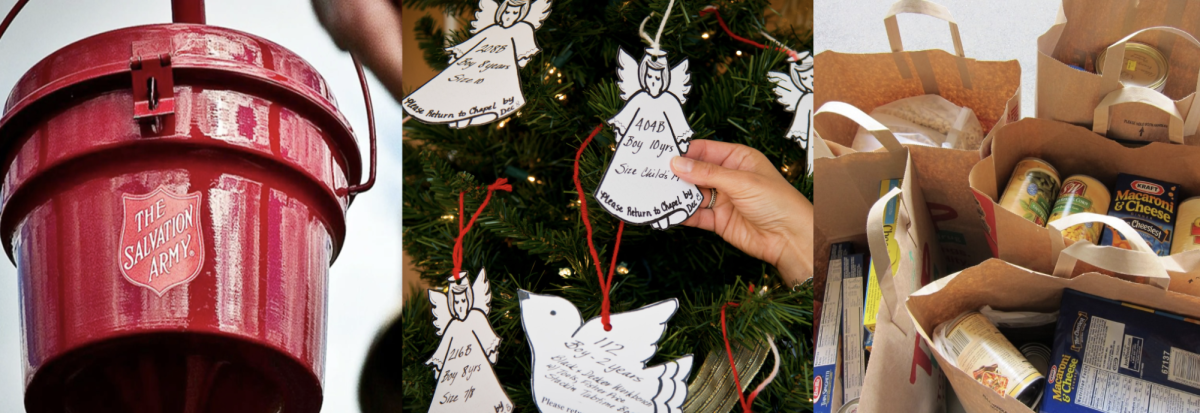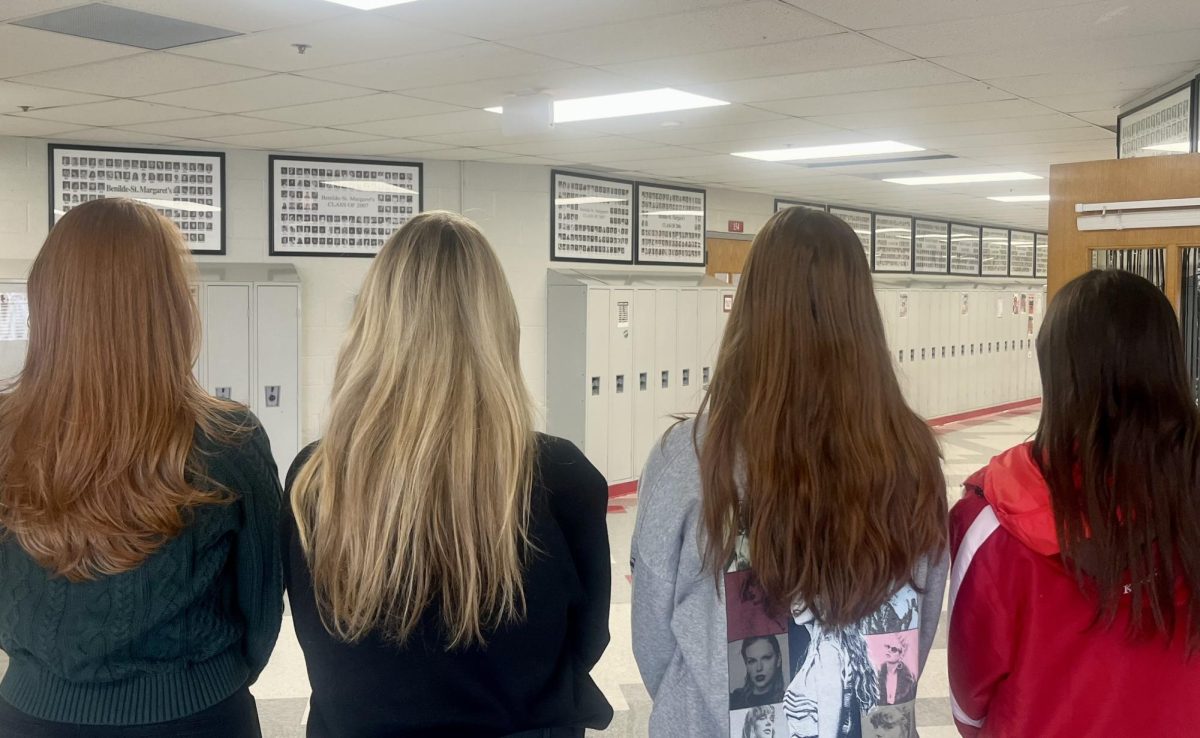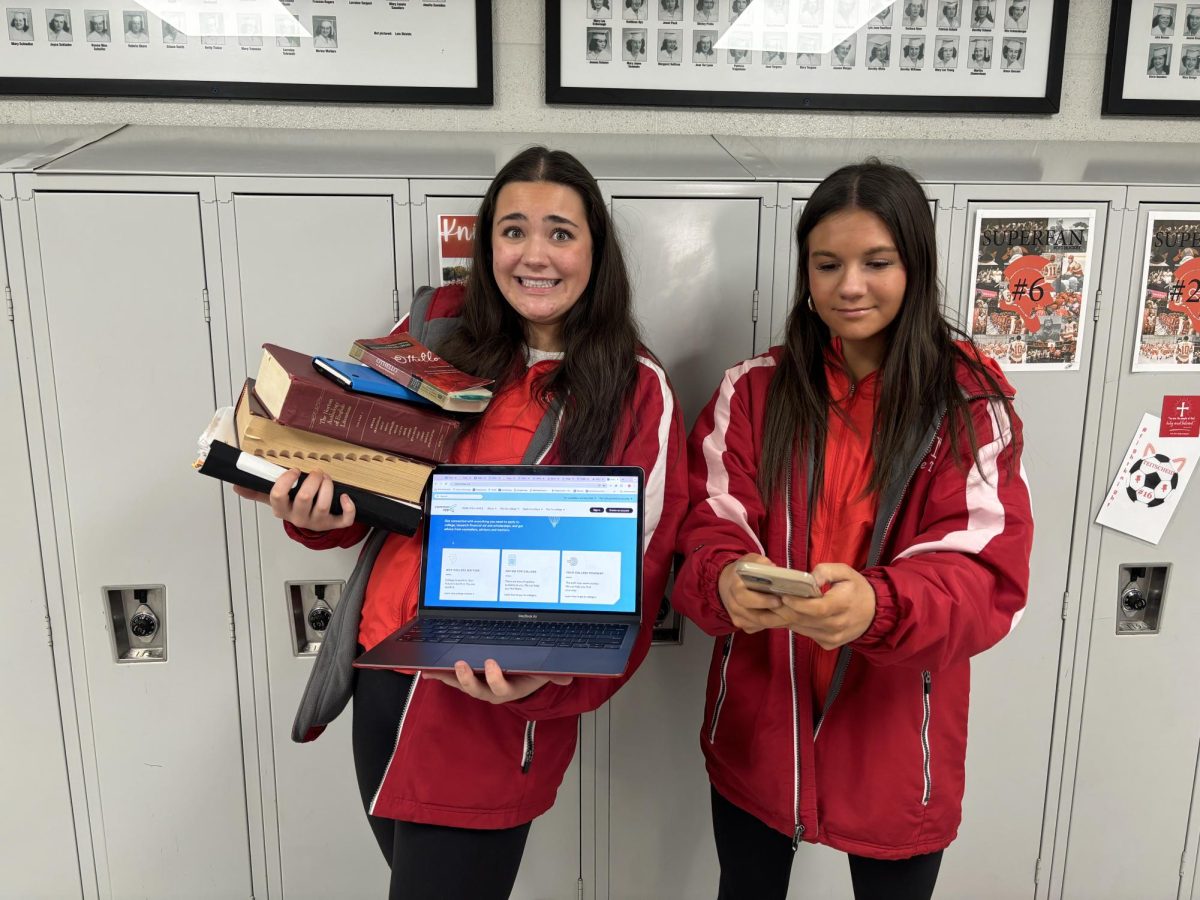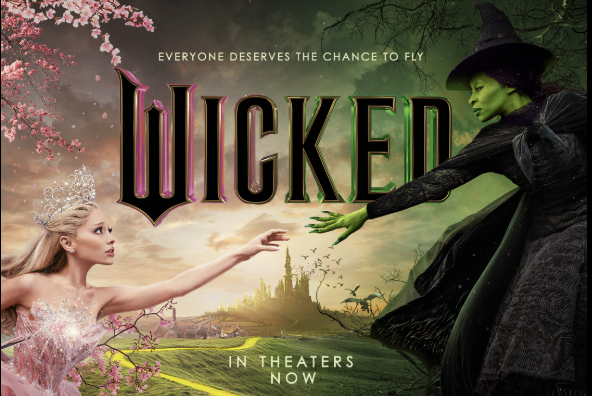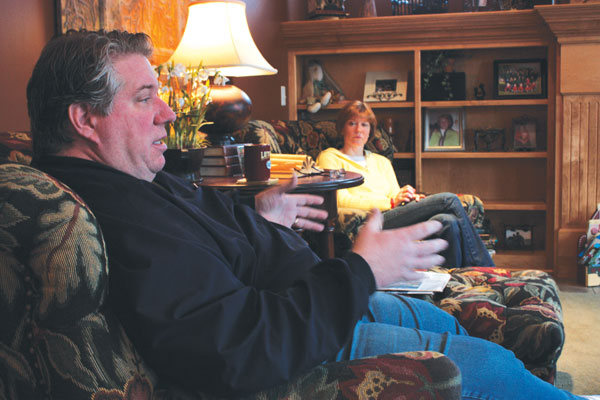
While students around the world instinctively bonded together and took action in response to the suffering of one of their kin, parents, teachers, coaches, and other adults also looked on at Jack Jablonski’s injury—just as concerned, just as inspired, but offering a slightly different perspective.
The signs were ominous from the beginning as one hockey play escalated into a chain of events that no one had thought possible. “Well, I was there; I was in the rink. We were going to support Jabby because he was playing in both games that night, and you know the difference between a normal check and a [normal] reaction to a check. This was very different,” said hockey parent Mr. Dan Collins.
There seemed to be only one word that truly encompassed the initial reaction to Jack’s injury: shock. “Your reaction with any situation like this is classic denial, shock, the ‘this is not happening’ idea,” said boys’ varsity hockey coach, Mr. Ken Pauly.
For some this shock was rooted in a personal relationship and bond; a bond that only made facing reality that much harder. “It’s total shock. It’s a boy you know who was over at your house a couple days earlier running around and doing all sorts of stuff. Your heart just breaks,” said hockey parent Mrs. Lisa Collins.
Although this shock and disbelief never fully fades, over the past few weeks feelings and outlooks have already begun to evolve and change. “I think now it’s more of an ‘okay what can we do’ situation. So whether it’s bringing a meal, whether it’s visiting, whatever it is big or small, everyone is in that mood of what can we in fact do. I think we’ve switched out of that shock mode,” said Mr. Pauly.
However, being at such different points in life, a variation in perspective presented itself between the parents and the players. “I think just generally the parents have seen a lot more of life. The parents know a lot more about what’s ahead. They know a lot more about what the challenges of life are like. There’s a lot of life that’s been lived in a-50-year old that hasn’t been lived in a 15-year-old. I think the young boys on the hockey team find it hard to believe that this could be anything long term,” said Mr. Collins.
Yet the necessity to carry on with life endures—a necessity that is also beneficial. “Everybody is very supportive of the need of getting back on the ice and doing what they can to support Jack. They know that is what Jack wants,” said hockey parent Mr. Jim Horton.
Jack has even begun to inspire a physical change for some in the way the game of hockey is played. “I’ve already noticed, at least with our team, that they’ve been playing more of a finesse game—still using their body but appropriately,” said Mr. Horton.
Despite the calamity of the situation, hope only continues to grow stronger as time goes on. “There’s a little bit of a feeling when I watch Ryan walk up to bed or when I watch him go up to school [that makes] your heart break for his parents that they don’t have that. But I think it’s more hopeful when you watch Jack and you watch his family, and you’re so inspired by this boy,” said hockey parent Mrs. Lisa Collins.
It’s times like these that really cause people to reconsider their values, especially when there’s a constant foreboding reminder of what could happen in the form of a son or daughter. “I’m certainly always more concerned now when you see somebody hit or you see an injury or somebody that goes down. It certainly heightens the awareness of that, and I think the kids from a player’s perspective have [had] an eye-opener,” said Mr. Horton.
However, from a coach’s perspective, Mr. Pauly has only confirmed the philosophy he has always embraced for years. “There’s no question that when these things do happen they bring us back to our base beliefs or base foundations. I love the game, I think it’s a great game, but at the same time I also know it’s a physical game, and kids can get hurt. I have a philosophy on how the game should’ve been played all along, and it really hasn’t changed [this] at all,” said Mr. Pauly.
Having lived through their fair share of manifestations of love and support, parents may be familiar with situations similar to Jack’s, and yet the magnitude of his story never ceases to stun and amaze onlookers. “I think the hockey community and the Benilde-St. Margaret’s community have been fantastic. The outpouring of support for him has been incredible and very heartfelt. We can’t do what we want to do—we can’t make it all better, but what we can do is try to ease some things for them so that they can focus on Jack and themselves,” said Mrs. Collins.
And it’s this unheard of level of support that is really keeping Jack afloat. “It lifts Jack up to see [this]. To have [this] reaction actually picks him up, and then he picks people up by his attitude. He’s dealing with this better than we think most people would deal with this,” said Mr. Collins.
An assurance that this support for Jack will never die out is reiterated throughout his friends and family. “We want to do and continue to do anything we can for Jack and the Jablonski family to help them down the path of recovery, life after getting out of the hospital, out of therapy, and all of those things,” said Mr. Horton.
The Jablonski story is one that resonates with the lives of millions around the world—one that turned a hockey tragedy into a tale of hope, of inspiration, and of miracles. “It causes everyone to kind of re-evaluate priorities, re-evaluate what we do and why we do it—is it in fact worth it. I think everyone is holding up as well as can be expected. I just don’t want Jack and his situation to be lost,” said Mr. Pauly.







